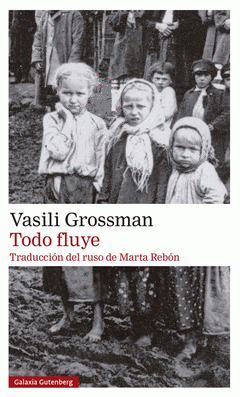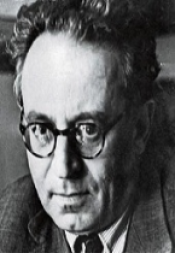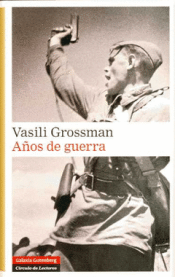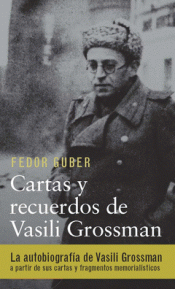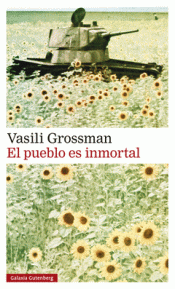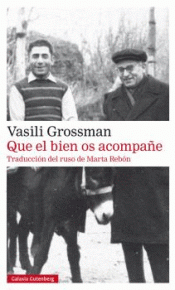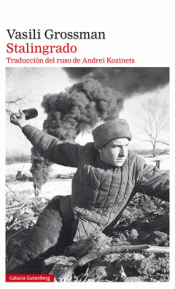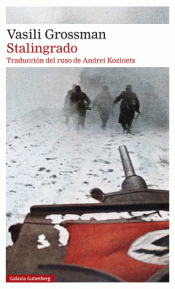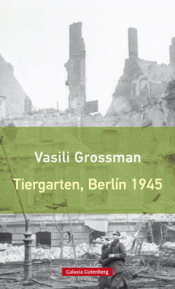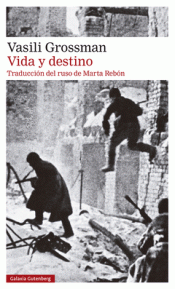Stalin ya no está entre los vivos. En 1954, después de tres décadas preso en campos penitenciarios, Iván Grigórievich regresa a Moscú para comprobar que la vida allí ha seguido sin él. Desde el desangelado reencuentro, cargado de contención y culpa, con su primo Nikolái, un científico que siempre se ha mantenido fiel al Partido, o el paseo por el lugar donde vivía la mujer a la que amaba, Iván toma conciencia de la magnitud de la tragedia: la libertad no sólo ha sido asesinada en la política, sino también en la agricultura, en la filosofía y, sobre todo, en el alma de los rusos. A través de la voz del protagonista, Vasili Grossman se adentra en uno de los períodos más oscuros y trágicos del siglo XX, una época que empieza con Lenin, sigue con Stalin y termina en ese destino que nace de los huesos de una generación perdida. Una novela excepcional que además de retratar las miserias de la condición humana, es un grito contra el sinsentido de los totalitarismos y la afirmación de que la libertad es el bien más preciado del hombre. Vasili Grossman terminó el manuscrito de Todo fluye poco antes de morir, creyendo
AUTOR/A
GROSSMAN, VASILIJ SEMENOVIC
Vasily Semyonovich Grossman (Russian: December 12, 1905 - September 14, 1964) was a Soviet writer and journalist. Grossman trained as an engineer and worked in the Donets Basin, but changed career in the 1930s and published short stories and several novels. At the outbreak of the Second World War, he became a war correspondent for the Red Army newspaper Krasnaya Zvezda, writing firsthand accounts of the battles of Moscow, Stalingrad, Kursk and Berlin. Grossman's eyewitness accounts of conditions in a Nazi extermination camp, following the liberation of Treblinka, were among the earliest.<BR><BR>After World War II, Grossman's faith in the Soviet state was shaken by Joseph Stalin's embrace of antisemitism in the final years before his death in 1953. While Grossman was never arrested by Soviet authorities, his two major literary works (Life and Fate and Everything Flows) were censored during the ensuing Nikita Khrushchev period as unacceptably anti-Soviet, and Grossman himself became in effect a nonperson. The KGB raided Grossman's flat after he had completed Life and Fate, seizing manuscripts, notes and even the ribbon from the typewriter on which the text had been written. Grossman was told by the Communist Party's chief ideologist Mikhail Suslov that the book could not be published for two or three hundred years. At the time of Grossman's death from stomach cancer in 1964, these books were unreleased. Copies were eventually smuggled out of the Soviet Union by a network of dissidents, including Andrei Sakharov and Vladimir Voinovich, and first published in the West, before appearing in the Soviet Union in 1988.<BR><BR>Wikipedia

